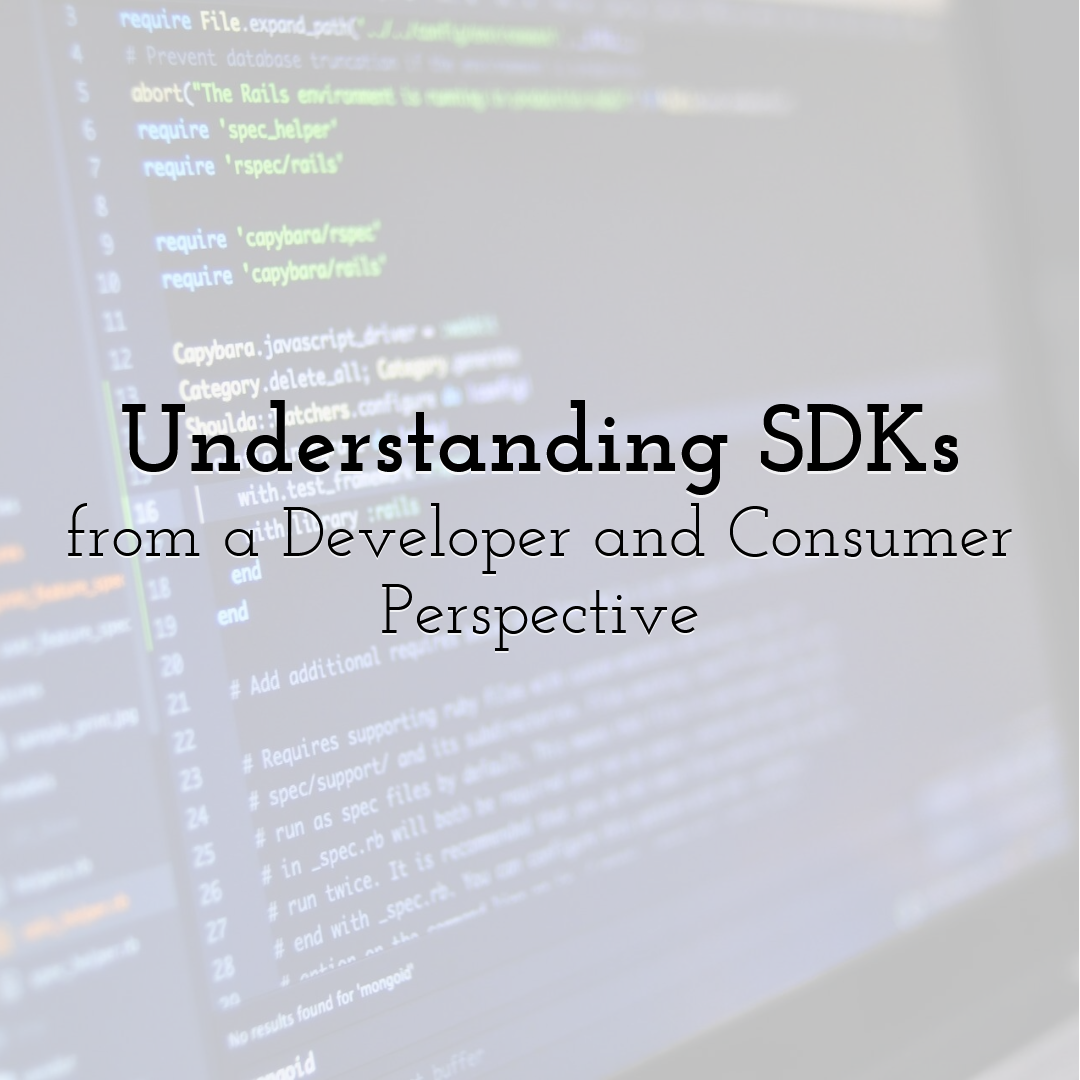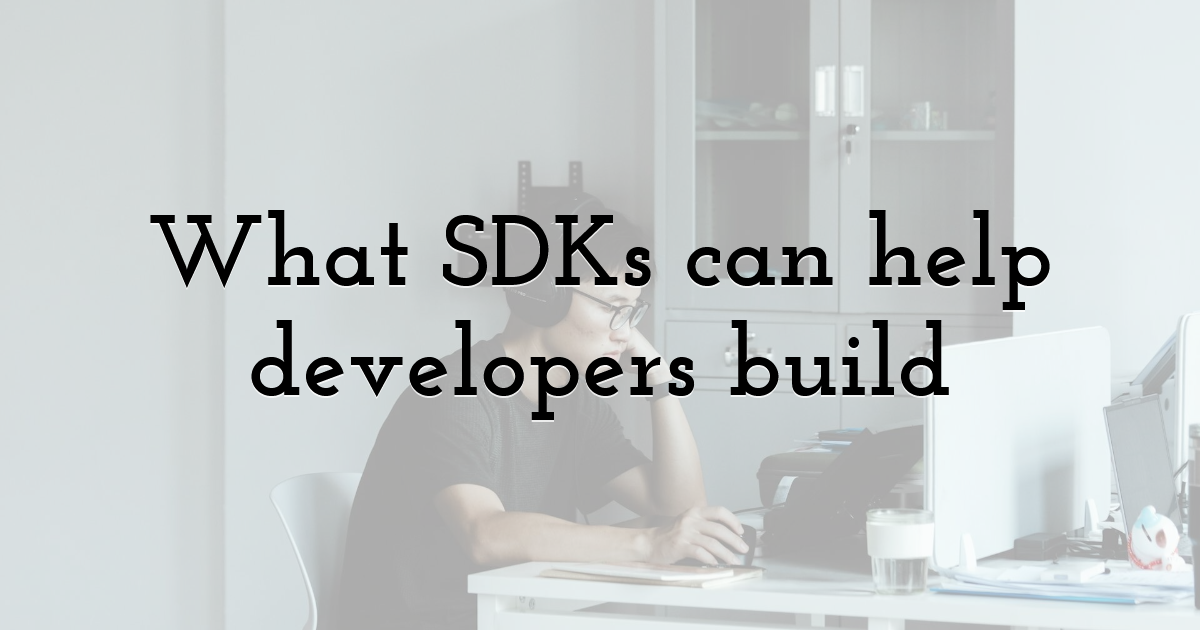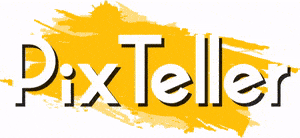Understanding SDKs from a Developer and Consumer Perspective

Consumers encounter SDKs even without realizing it. That online store that sells your favorite skincare products or neat tech items? It could be created with the assistance of SDKs, making your experience smoother and your purchase just a few clicks away.
They are the silent helpers that many developers use to simplify their work and introduce features faster. Let’s dive deeper into SDKs, exploring how they work and the potential they offer.
More technical look into SDKs

An SDK, or a Software Development Kit, is a set of tools, reusable code, documentation, or libraries that serve as valuable resources during app development. So, developers use them to expedite their development processes.
Instead of having to create everything from scratch, they already have a foundation provided through SDKs. Many popular SDKs also feature extensive documentation, which makes it easier for devs to integrate them into their projects.
However, an SDK is not the same as an API. The latter refers to the rules or specifications that allow systems to communicate with each other. For example, it could refer to an online store (or any website) using SDKs to enable users to sign in using their Google or Facebook accounts.
How does this affect consumers?

Unless specified by developers, the presence of an SDK is invisible to the user. Besides faster development and updates, are there any other ways that the SDK usage affects consumers? Many well-known SDKs undergo thorough testing to ensure a compliant and secure experience. Furthermore, companies can add new and unique functionality to their apps without worrying about complicated development.
Of course, developers need to use trusted SDKs and carefully follow their integration to avoid performance issues or security risks.
What SDKs can help developers build

Of course, it might still be unclear what SDKs can actually help developers build. Let’s explore a few capabilities and features to be added to products with SDKs:
- • An SDK could help facilitate faster acceptance of payment cards and digital wallets. Thus, clients see customized payment screens that are secure and powered by trusted companies.
- • An SDK can help optimize revenue streams, analyze data, and facilitate improved in-app subscription management. It could make it easier to run A/B tests, offer free trials, and guarantee a cohesive experience on different platforms (such as smartphones and desktops).
- • Some assistance for generating additional revenue also comes from SDK monetization options. For example, developers can quickly integrate ad networks or offer alternative payment options. One unique proposition to clients is to provide them with exclusive access (premium) in exchange for sharing their unused internet bandwidth.
Other areas where SDKs can help include push notifications, social media integration, mapping, geolocation, and cloud storage. Even a feature that allows users to refer friends to apps in exchange for perks can be made available with the help of an SDK.
Are SDKs essential for app development?

Even if SDKs are helpful, not all developers use them. Yet, the benefits of SDKs lead to less clogged development schedules and a more structured progress towards new features.
Furthermore, development teams don’t need to spend time on building standard features. Instead, they can focus on unique capabilities that make their products stand out from those of their competitors.
Final Thoughts:
As mentioned, SDK usage is not required, but it is recommended. After all, it gives developers the much-needed assistance to develop features, especially more sensitive ones (such as processing payments).
For consumers, the use of trusted SDKs means more secure applications and the prospect of enjoying faster updates and more focus on building unique features. Hence, the supply of SDKs is likely to grow in the future, providing developers with even more options for rapid progression.
Until next time, Be creative! - Pix'sTory


